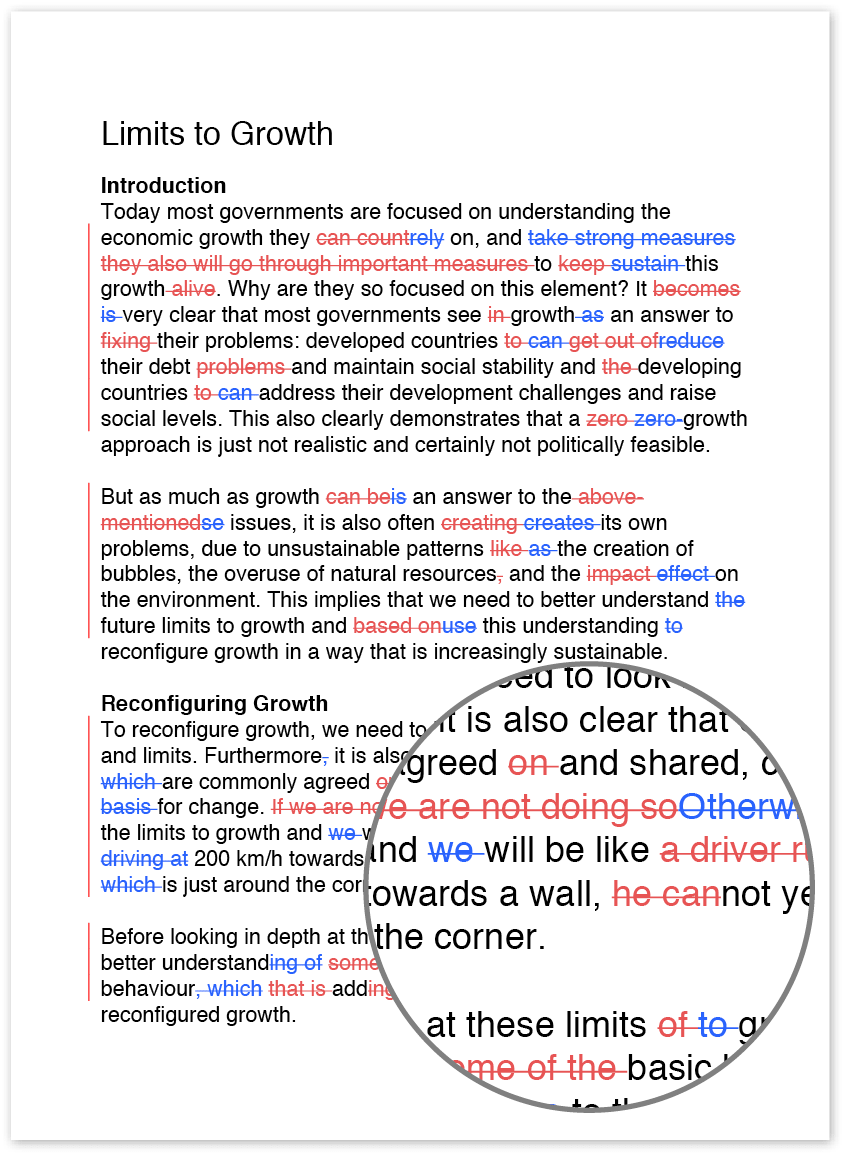What skills are required for academic writing?
At some point in your academic career, you’ll need to write an academic paper, whether it’s a report, an essay, a dissertation or a thesis. When it’s time to write that paper, you may feel stress about writing it properly or on time, particularly if you haven’t written a paper in a long time or if you’ve struggled with writing papers in the past. In this article, we’ll share how to improve your academic writing skills so you can focus on building your strengths in those areas, which will help reduce your stress the next time you need to write a paper.
Time management
Whether your deadline is in one week, one month or one year, time management when you’re writing an academic paper is vital. Academic writing involves many steps, and you must ensure that you leave enough time for each of those steps so you don’t have to rush through the end of the process. Make sure you allocate sufficient time for your research, outlining, writing and editing to avoid late nights or sloppy work.
Research
For some types of academic writing, such as academic reports, dissertations and theses, it’s impossible to write the final product without doing research first. Unless your task is, for example, to write a personal reflection on something from your childhood or a sample business email, learning to research will be critical when looking to improve your academic writing skills. That means you’ll need to know what kinds of sources are trustworthy, how to access those sources and what kinds of information to save from those sources so you can cite them correctly. If you’re not sure where to go to find trustworthy information, start at your library’s reference desk. To know what kind of information you’ll need to cite your sources, talk to your instructor or the journal you’re submitting your paper to and determine which style guide (e.g. APA, Chicago, MLA) they prefer, then search online for information about that guide.
Developing an argument
When you write an academic paper, you’ll need to have a clear idea of your thesis statement, which is the main idea or argument you’re trying to convey. To write a compelling paper, it’s important that you spend some time thinking about the points you want to make and how you’ll go about convincing your audience that your argument is valid. Usually, you’ll do so by relying on the research you’ve conducted to back up your statements and making sure you can form a rebuttal to any counterarguments.
Knowing your audience
Academic papers are generally read by your professors or classmates or, if you’re writing for a journal, those in the wider academic community or field. Individuals with strong academic writing skills always consider who they are writing for. As you write, think about who’ll read your paper and tailor your argument and writing style to those readers. If you’re writing a paper that’ll be read by your classmates, who may not have a high-level understanding of the topic, make sure you include information that will help them understand the topic you’re covering. If you’re writing a journal article that will be read by researchers, you can probably use higher-level terms and information.
Organization
Organizing the information in your paper is vital to crafting a compelling, well-written document. Most types of academic papers follow similar formats (e.g. dissertations and papers describing studies include an introduction, background information, materials and methods, results, a discussion and a conclusion). Keep your paper well-organized in sections while you write will help you ensure that you’re making your argument and avoid repeating information.
In addition, keeping your notes organized while you’re conducting your research will help you enormously when it’s time to start writing and compiling your reference list. By taking the time to make sure you stay organized throughout the writing process, you can significantly reduce the amount of stress you feel.
Writing clearly and consistently
Even if you have conducted your research, developed a winning argument, organized your time well and determined who your audience is, you must make sure you write clearly and directly looking to improve your academic writing skills. Academic writing requires a formal tone and proper grammar, but that doesn’t mean you should use five words when one will do. Keep your writing straightforward and clear, and don’t include any information that isn’t absolutely necessary to support your argument.
Using correct grammar, punctuation and spelling
Finally, the importance of using correct punctuation, grammar and spelling can’t be overstated. Although you might have a perfectly good, scientifically sound argument, if your audience can’t read your paper because the grammar is atrocious, they won’t pay any attention to it. Check out our guides to English grammar for a refresher and some tips, and consider having someone check your document before you submit it to check for any lingering mistakes.

